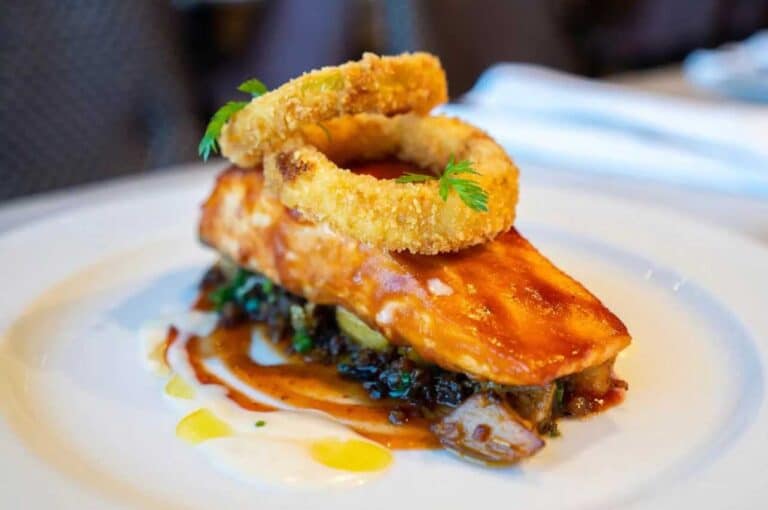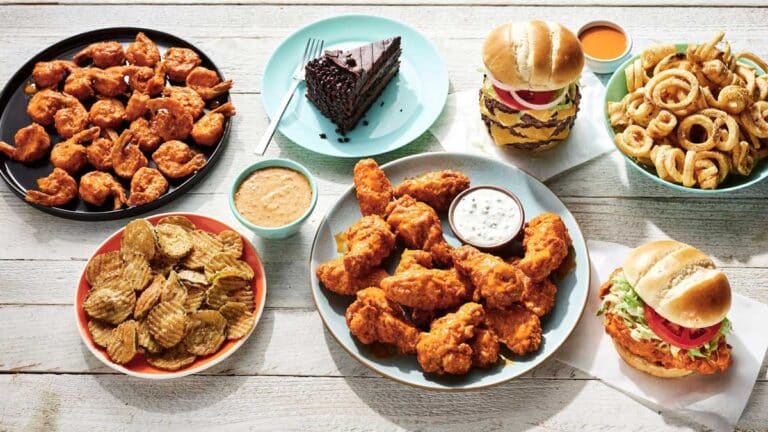Kayak anglers often say they get to know a fish’s zip code. I’d argue that it’s more personal than that; we get to know their living rooms.
Rather than riding the raging 300-horse race boats or suffer the sensory trauma of a smoke-belching, piston-slapping two-stroke, kayak anglers slow the adventure down to connect with the aquatic environment on the other side of the thin plastic hull. The keys to success are locating quality fish-holding habitat and focusing on precise presentations.
A trip to south Florida to fish the Gulf Coast flats for redfish, snook, and sea trout—with the outside shot at tarpon—from a kayak was the goal of an invitation to field-test Hobie’s new Pro Angler 14. For me, it was also a chance to appreciate the logistical challenges of fishing salt water. I’ve had years of experience fishing from kayaks on freshwater, but among the questions I wanted to answer in Florida: How could I access quality coastal fishing from a kayak? How could a kayak cover the amount of water required to locate active fish? What are the risks and precautions I should consider when fishing offshore? And what gear works out here?
Pine Island Lodge, situated in the heart of Pine Island Sound on Florida’s Gulf Coast, was the starting point for this fact- and fish-finding mission.
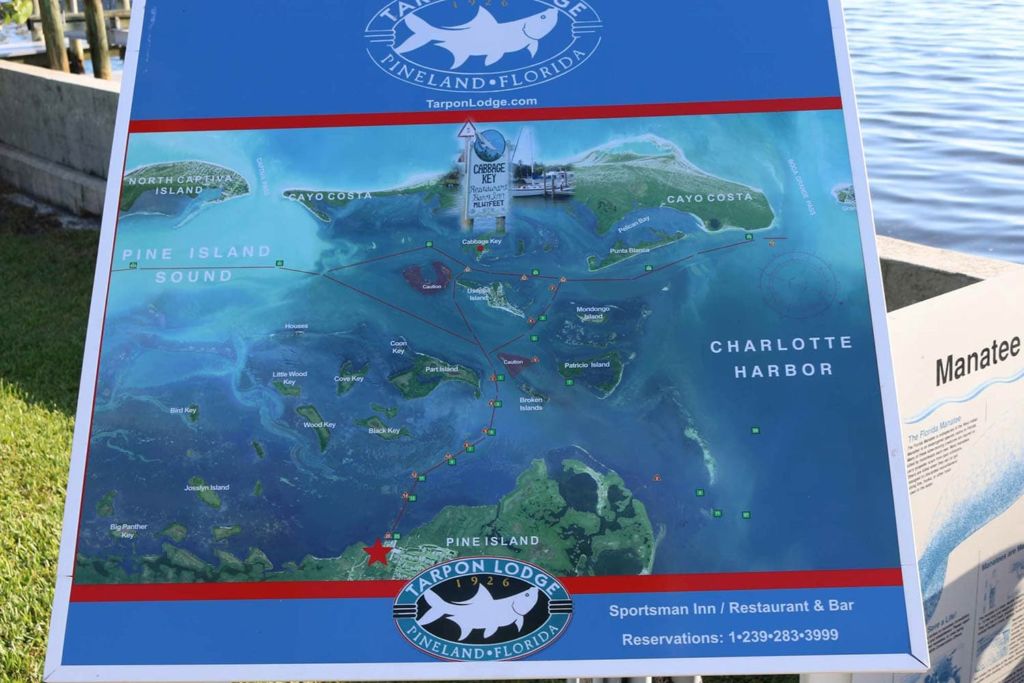
Sheltered waters and diverse habitat are accessible to a kayak angler by walking out the back door of Tarpon Lodge, conveniently located close to numerous ramps that provide easy access to quality Florida flats fishing. Although a bit out of kayak range, Cabbage Key is a classic dining and lodging designation for the ultimate cheeseburger at the famous Dollar Bill Bar. Cabbage Key is only 5 miles from the legendary Boca Grande Pass that attracts Tarpon anglers from around the world.
Hobie fishing kayaks we used including the Revolution and Professional Angler, and a SUP was provided for good measure.
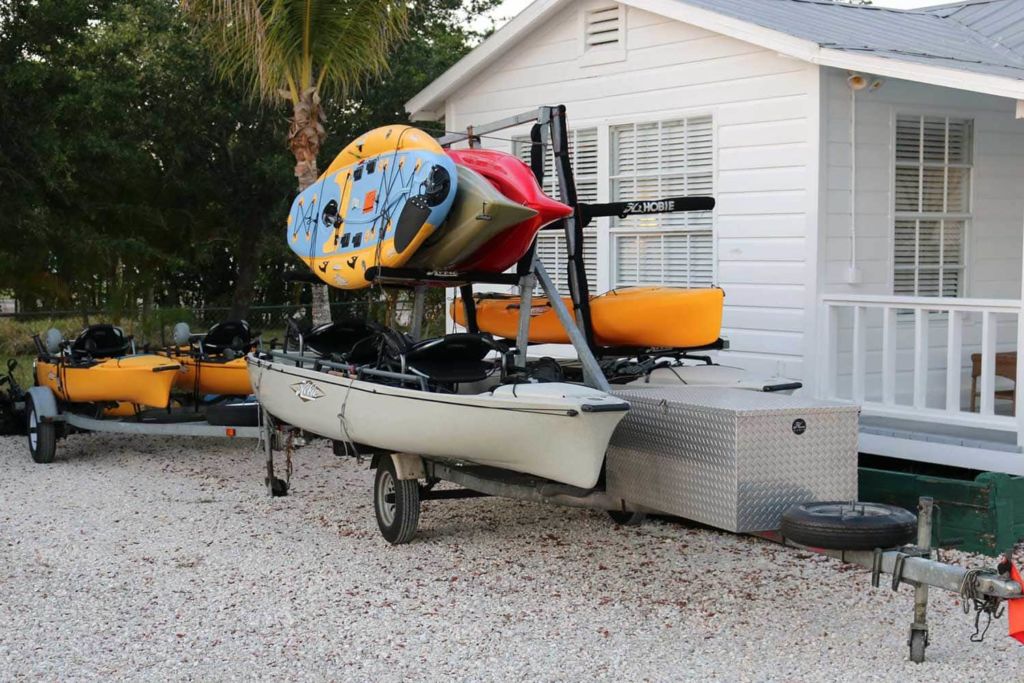
Hobie Kayaks
A Hobie Mirage Revolution is readied next to a Hobie Stand Up Paddleboard. The “Revo” hull maintains the sleek characteristics of a touring kayak with the width and stability needed for comfortable angling. Its “Twist and Stow” rudder system is responsive to small corrections, allowing for precise kayak positioning.
Rigging a variety of rods prior to launch is key to success. The productive morning bite window is finite, and time spent fiddling with gear when on the water means you’re not hooking fish. Make sure that lines are sound, knots are secure, and hooks are sharp.
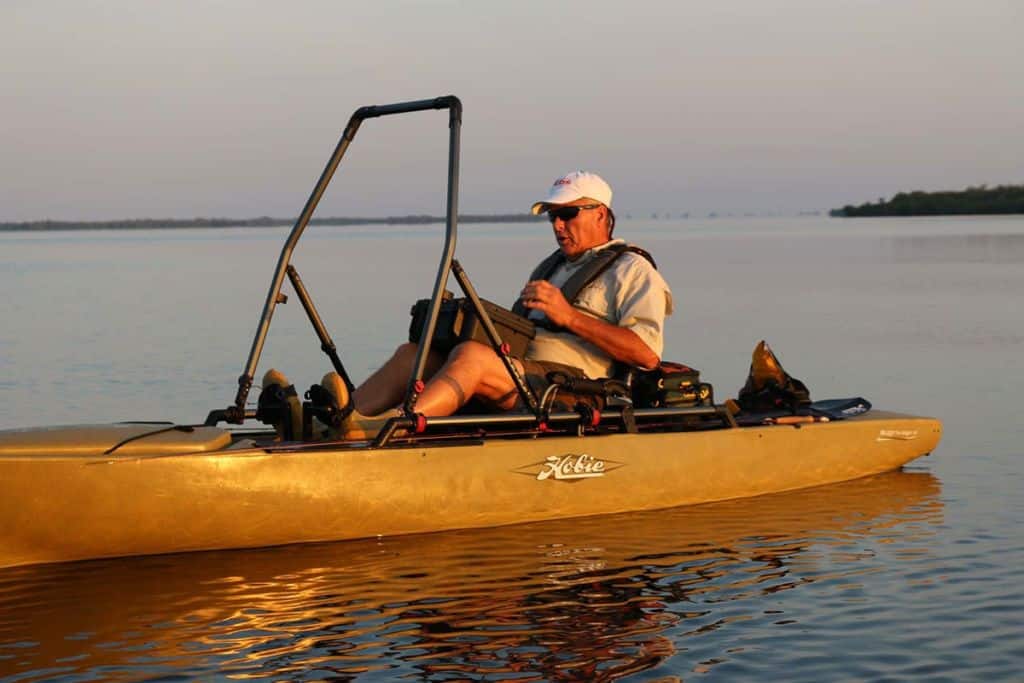
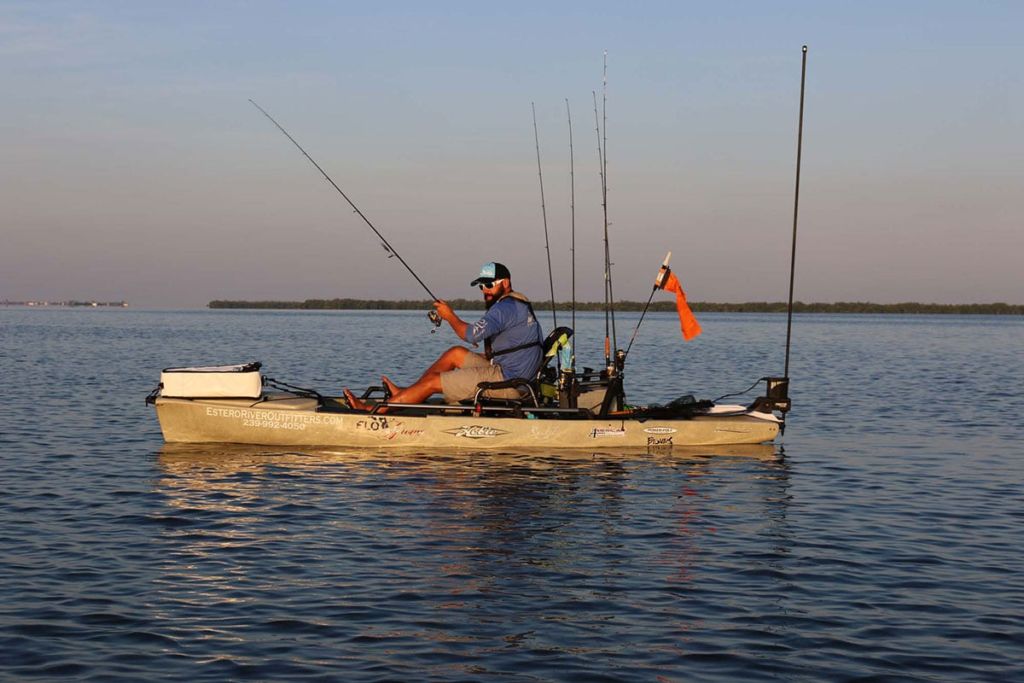
At first light trout chased Zara Spooks, but as the sun got more intense the bite slowed on topwaters. By mid morning we found active fish after switching to GULP shrimp under a popping cork. The micro power pole allows quick anchoring in the shallow flats to target schools of feeding fish.
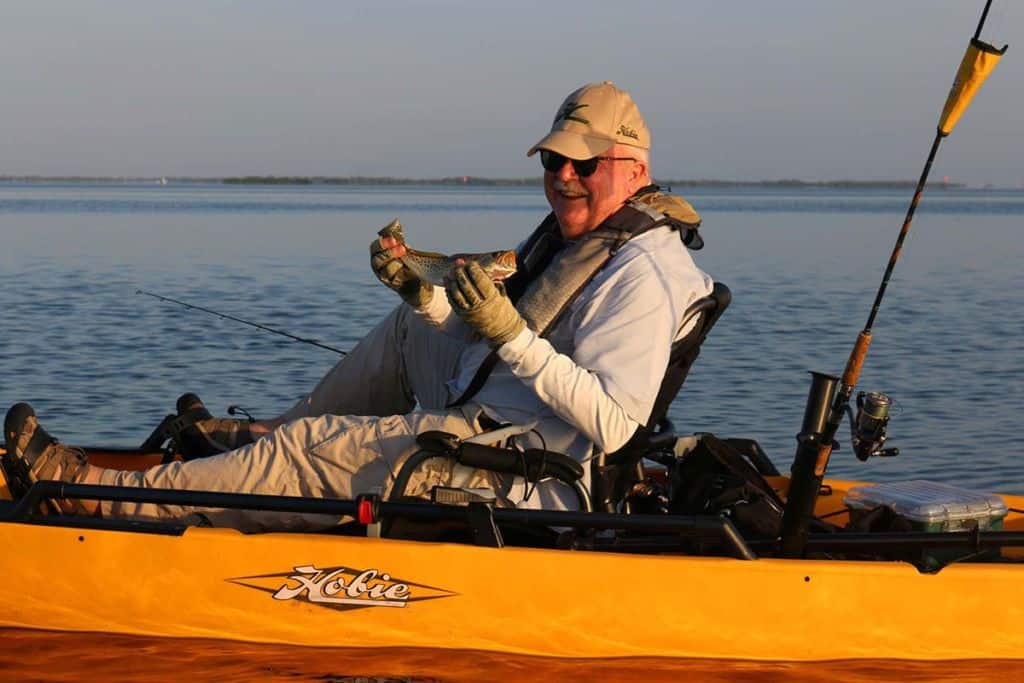
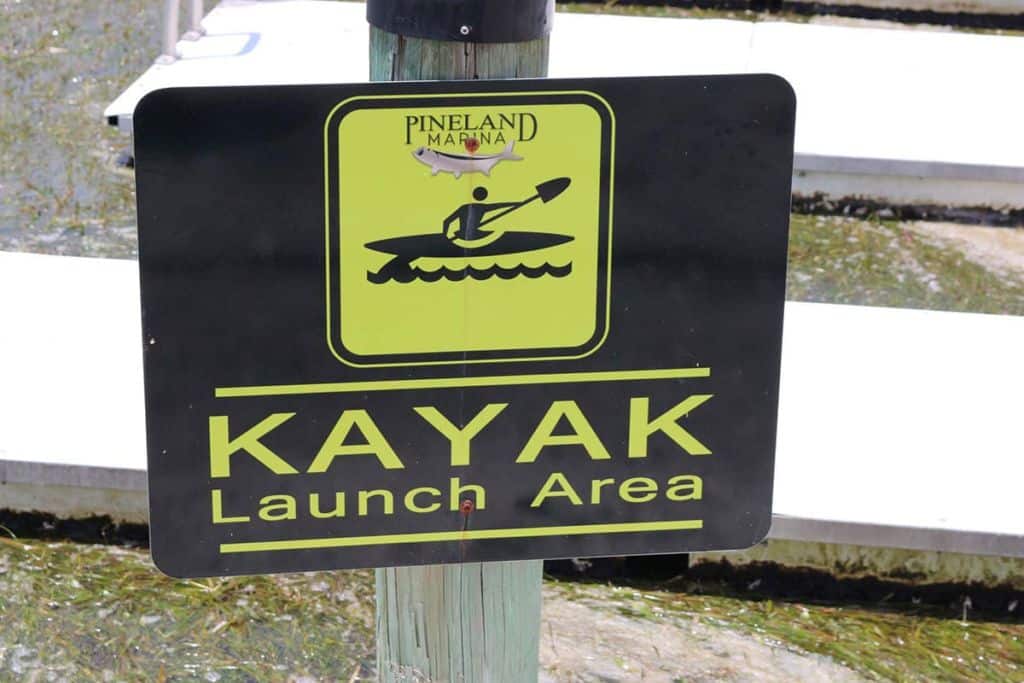
Kayakers Welcome! The Great Calusa Blueway offers over 190 miles of paddling through biologically diverse mangrove trails and classic Florida flats where sea trout, redfish, snook, and tarpon are available to the kayak angler.
The famous Dollar Bill Bar at Cabbage Key. No trip to the beaches of south Florida would be complete without a visit to Cabbage Key, which is reached by a short water taxi ride from Pine Island Marina.
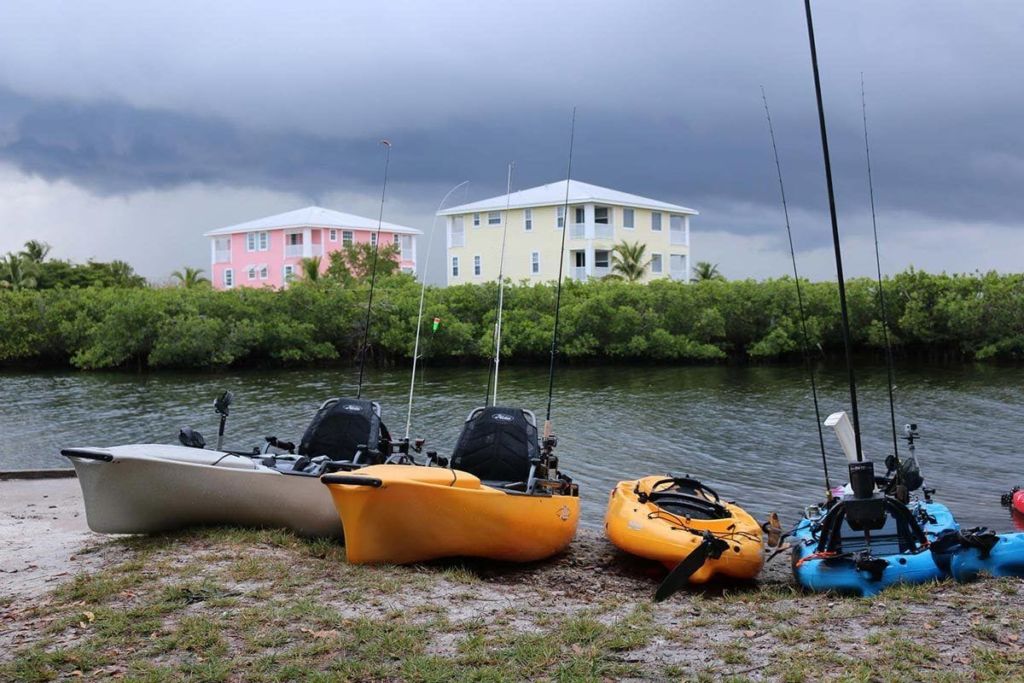
Nearly unlimited mangrove edge habitat lined the islands, holding redfish and snook close to shore. Although tarpon were available, windy conditions dictated that we fish leeward sides of the islands.
Heading out from the Matlacha Community boat launch. We fished what is locally known as the East Wall and Pontoon Bay areas. Fish were tucked tight in the mangroves, requiring precision placement of baits and lots of snags. Mustad 2/0 shad-head jigs tipped with 4-5-inch swim baits in olive or brown produced some nice snook.
A nice snook caught by Hobie pro staffer Morgan Promnitz (lead image). Snook prefer mangrove-fringed estuarine and brackish waters. We found the wading and sight fishing was more productive as casts had to be skipped under the mangroves to fish that were hanging in the overhanging mangroves.
Rigged for jigging snook and redfish in the mangroves. Standard terminal baits included Mustad 2/0 shad-head jigs and copper, brown, and olive swim baits. Saltwater Assassin 4-inch plastics in “mud bug” and “elite shiner” patterns were effective through the day for snook and redfish in the mangroves.
A good searching rig for kayak fishing the mangroves of south Florida. Legend Extreme St. Croix rods in the medium-heavy category paired with a Shimano Stradic 2500 spooled with 20-pound Synergy braid. Terminal tackle starting with Spooks if surface activity was observed and swim baits for working points and freshwater bays in the mangroves.
More Florida Fishing
This article originally appeared on our sister site, Outdoor Life

